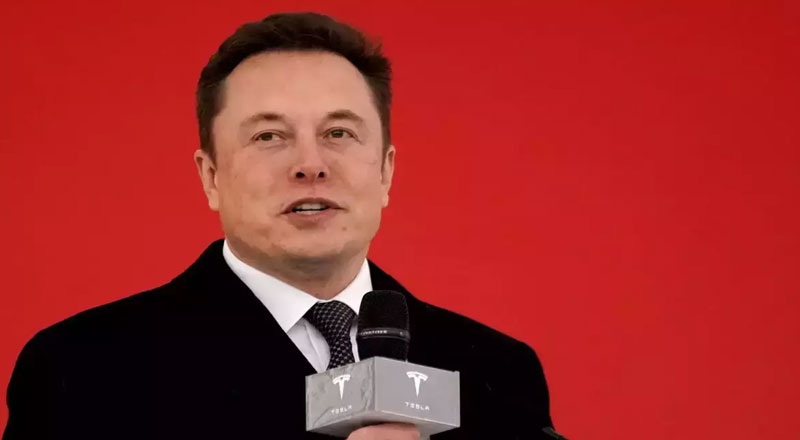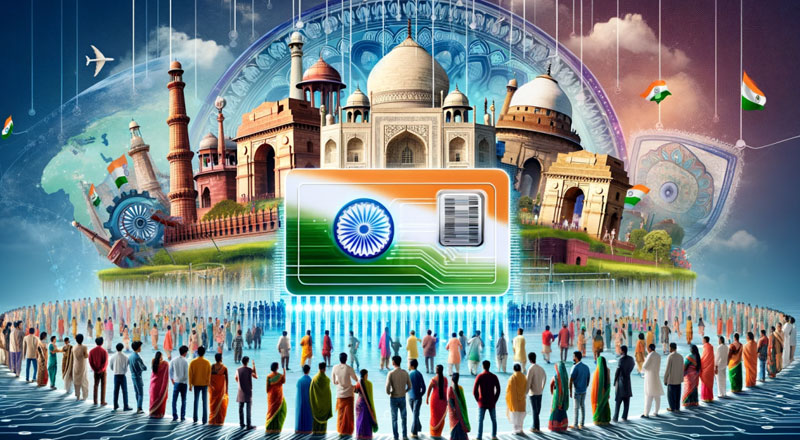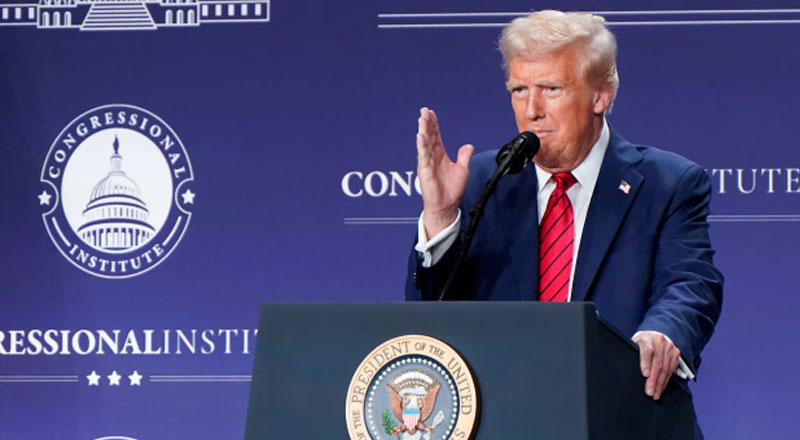The H-1B visa debate continues to be a critical issue in U.S. immigration policy, particularly as it relates to skilled professionals, economic growth, and innovation. With a significant portion of H-1B visas awarded to Indian immigrants, the program has played a vital role in sectors like technology, engineering, and healthcare, while also drawing scrutiny over its impact on domestic employment.
Significance of H-1B Visas
H-1B visas enable U.S. companies to access global talent, particularly in fields where domestic expertise falls short. Indian professionals, who constitute a major share of H-1B recipients, have contributed substantially to the U.S. economy and technological advancements. However, this program has long been a flashpoint in the broader immigration debate, balancing the need for skilled labor against concerns of job displacement and wage suppression among American workers.
Elon Musk’s Advocacy
Tesla CEO Elon Musk has been a prominent voice supporting the H-1B program, underscoring the essential role of skilled immigrants in maintaining America’s edge in innovation. Musk’s stance reflects the reality that global competition for talent is fierce, and restrictions on immigration could hinder the U.S. from staying at the forefront of technological progress. His perspective highlights the interconnectedness of immigration policy and economic leadership.
Vivek Ramaswamy’s Influence
Indian-American entrepreneur Vivek Ramaswamy has emerged as a key figure in shaping the discourse around immigration under the Trump administration. With his background in biotechnology and his conservative viewpoints, Ramaswamy is poised to influence policies aimed at balancing efficiency and economic benefit. His potential role in leading the Department of Government Efficiency (DOGE) suggests that immigration reforms may prioritize optimizing the system rather than outright restrictions.
The Trump Administration’s Nuanced Approach
Although Donald Trump’s campaign rhetoric often took a tough stance on immigration, his administration’s engagement with figures like Musk and Ramaswamy indicates a more measured approach. Possible reforms could include stricter eligibility criteria, higher wage thresholds for H-1B workers, or adjustments to quotas to better align with U.S. labor market needs. These changes aim to address both economic benefits and concerns from domestic workers.
Challenges and Criticisms
Critics argue that the H-1B system can lead to the exploitation of foreign workers and the displacement of American workers, particularly in roles where employers seek to minimize labor costs. They advocate for policies that prioritize domestic workforce development, such as increased investment in education and training. Balancing the reliance on foreign talent with long-term strategies to bolster the U.S. labor pool remains a key challenge.
Broader Implications
The debate over H-1B visas extends beyond immigration policy to encompass the future of U.S. innovation and global competitiveness. As the Biden administration continues to refine its policies, the perspectives of influential voices like Musk and Ramaswamy will likely shape the trajectory of skilled immigration, economic strategy, and America’s role in a globalized economy.





